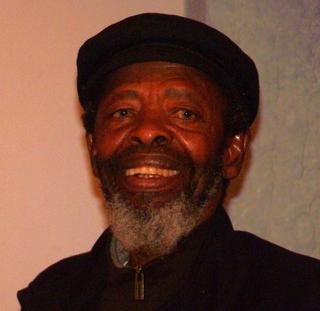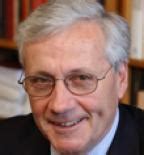A Quote by Camille Paglia
Related Quotes
It's time for a recovery and reassessment of North American thinkers. Marshall McLuhan, Leslie Fiedler and Norman O. Brown are the linked triad I would substitute for Jacques Lacan, Jacques Derrida and Michel Foucault, whose work belongs to ravaged postwar Europe and whose ideas transfer poorly into the Anglo-American tradition.































